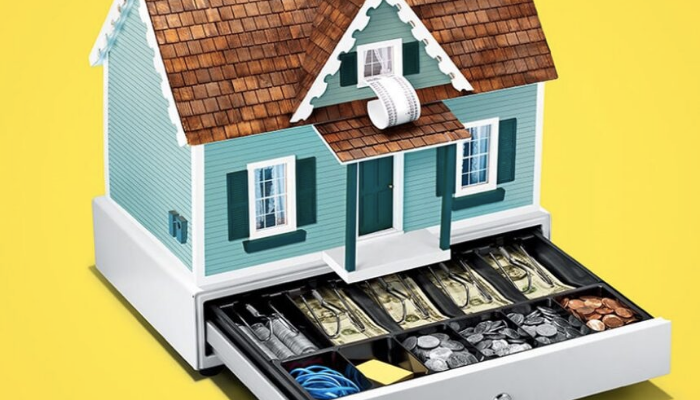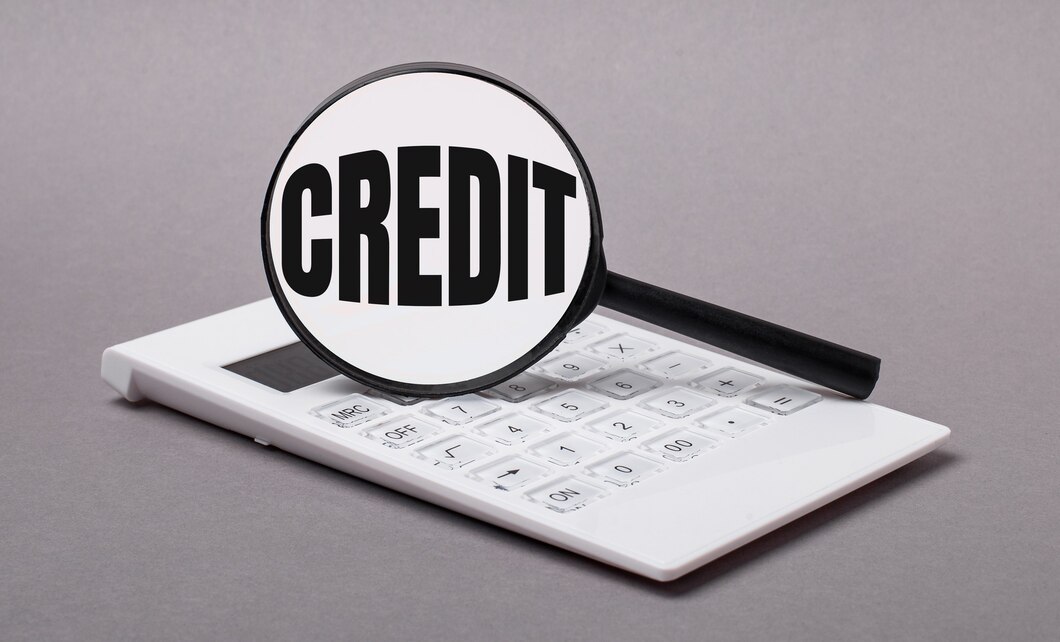Home Equity Loan Requirements
The ability to develop equity — and borrow against it — is one of the most appealing aspects of homeownership. You can use a home equity loan or a home equity line of credit (HELOC), to unlock the equity in your house once you’ve built up enough of it, usually by paying down your mortgage or investing in home improvement projects.
Although lenders have different requirements, there are several common ones that must be met in order to qualify for a HELOC or home equity loan in Canada. Continue reading to learn more about the requirements for borrowing against your home’s equity.
What is a HELOC and a Home Equity Loan?
A home equity line of credit (HELOC) is a revolving line of credit that allows you to borrow against the value of your property. You can borrow cash up to a particular limit determined by the lender during the draw period, carry a balance monthly payment, and make minimum payments, just like a credit card.

The draw period is usually around ten years long, during which time you may simply be obliged to make interest payments. Following that, you’ll commence the repayment period, which is normally 20 years, and make monthly principal and interest payments.
Home equity loans and HELOCs each have their own set of advantages and disadvantages, so think about your specific requirements and how each choice might fit into your budget and lifestyle. Home equity loan and HELOC requirements are largely the same, regardless of the type of loan you pick.
The requirements vary by lender, but you generally need:
- A certain percentage of equity in your home
- Good credit
- Low debt-to-income ratio (DTI)
- Sufficient income
- Reliable payment history
Have at Least 15 Percent to 20 Percent Equity in Your Home
The difference between the amount you owe on your mortgage and the home’s market value is known as equity. This number is used by lenders to compute the loan-to-value ratio, or LTV, which determines whether you qualify for a home equity loan.
Divide your existing loan balance by the appraised value of your home to get your LTV. For example, if your loan total is $150,000 and your home is appraised at $450,000, you would divide the balance by the appraisal to get 0.33, or 33%. This is your LTV (Loyalty to Value) ratio. You have 67 percent equity in your property because your LTV ratio is 33 percent.
This also affects the amount of money you can borrow. You can normally borrow up to an 85 percent combined loan-to-value ratio (CLTV), which means that the combination of your mortgage and your desired loan cannot exceed 85 percent of the value of your house.
In the case above, $382,500 represents 85 percent of the home’s worth. After deducting your mortgage balance, you have $232,500 in equity to borrow with a loan.
There are a few ways to build home equity:
- Make your mortgage payment. Paying down your mortgage will improve the amount of equity you have in your property, and paying more than the minimum payment can accelerate this process.
- Make upgrades to your home. You can also work on home improvements that will raise the value of your property — but keep in mind that if you wait to do home improvements with a home equity loan, you may be eligible for tax incentives.
Why it matters: Lenders would typically only approve a home equity loan or HELOC with an LTV or CLTV ratio of up to 85%, implying that you have 15% equity in your property.
Maintaining at least 15% to 20% equity in your house is also critical in the event that the real estate market suffers a downturn and the value of your home drops to a level that is significantly lower than the outstanding balance on your mortgage. Selling your property may be more challenging if you have used up all of your available credit.
Have a Credit Score in the Mid-600s
To meet most banks’ acceptance requirements, you’ll need a good credit score. As long as you match the equity requirements, a credit score of 700 or higher will almost certainly qualify you for a loan. Homeowners with credit ratings ranging from 621 to 699 may also qualify.
Some lenders will lend to borrowers with credit scores below 620, but they may need the borrower to have more equity in their house and to have less debt in relation to their income. Bad-credit HELOCs and home equity loans will have higher interest rates and smaller loan amounts, as well as shorter durations.
Take actions to enhance your credit score before applying for a home equity loan. Making timely payments on credit cards and loans, paying off as much debt as feasible, and avoiding new credit card applications are all examples of this.
Why is it important: Having a good credit score will help you get better interest rates, which will save you a lot of money over the course of the loan. Furthermore, lenders analyze your credit score to determine how likely you are to repay the loan, so a higher score increases your chances of approval.
Have a Debt-to-Income Ratio of 43 Percent or Lower
Another criterion that lenders consider when examining a home equity loan application is your debt-to-income ratio. Your DTI percentage should be as low as possible.
The qualifying DTI percentages will differ from one lender to the next. Some lenders require that your monthly loans consume less than 36% of your total monthly income, while others may be ready to go as high as 43% or 50%.
The total monthly payment for the residence, which includes mortgage principal, interest, taxes, homeowners insurance, direct liens, and homeowners association dues, as well as any other outstanding debt that is a legal duty, will be added together to establish your DTI.
The DTI ratio is calculated by dividing your total debt by your gross monthly income, which includes your basic salary, commissions, and bonuses, as well as other sources of income such as rental income and spousal assistance.
Calculate your DTI before applying for a home equity loan. If your debt-to-income ratio is higher than your possible lender’s optimal, pay off as much debt as you can. Start by paying off your bills with the highest interest rates first, using the debt avalanche strategy. You can use the money you save on interest to pay off other debts.
Why is it important: Reduce your debt-to-income ratio to increase your chances of getting a home equity loan. Paying off previous debt will improve your overall financial situation as well.
Have Sufficient Income
While not all lenders may specify exact income requirements for their home equity products, many will assess your earnings to ensure that you can repay your loan. Your income level may also have an impact on how much you can borrow.
More importantly, having a better salary or figuring out how to increase it before qualifying for a home equity loan will improve your debt-to-income ratio. When applying for a loan, be prepared to submit proof of income; Notice of Assessment, T1 Generals and paystubs are examples of documentation you might be requested for.
Why is it important: A consistent salary shows lenders that you’ll be able to pay back your loan. Furthermore, lowering your debt-to-income ratio may be easier if your income is larger.
Have a Reliable Payment History
Lenders want to make sure they’re not taking on too much risk when considering whether to give loans. One of the most common ways to do this is to look at the payment history of potential borrowers.
Although your payment history is factored into your overall credit score, lenders may scrutinize your payment history to see how frequently you pay your obligations on time. Even if you have a good credit score, lenders may be hesitant to lend to you if you have a history of late payments. This is because they do not want to lose money if you are unable to pay your payments.
This is especially true with home equity loans and HELOCs, which are essentially second mortgage, meaning the lender will be paid second if you default on your loan.
Why it matters?
If you have a history of late payments or collections accounts, lenders may be hesitant to lend to you because they perceive you to be a higher risk. Before applying for a home equity loan, make at least minimal credit card payments or set up automated payments to increase your chances of approval.
Read More: Equity Based Mortgages








